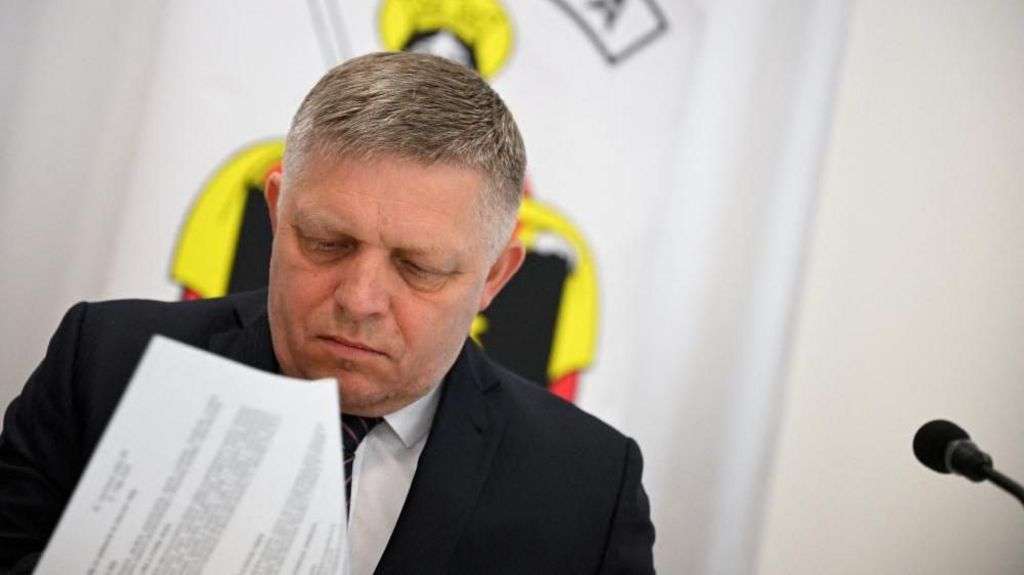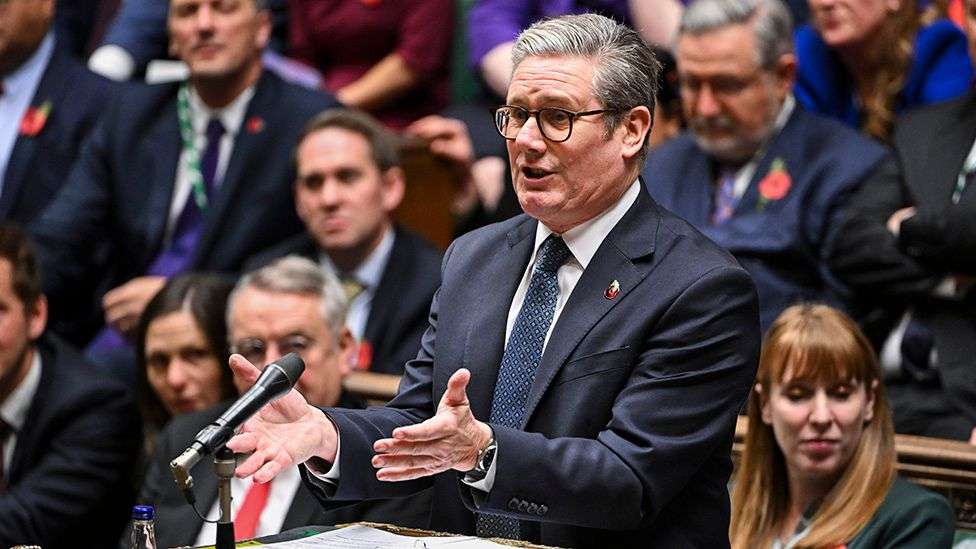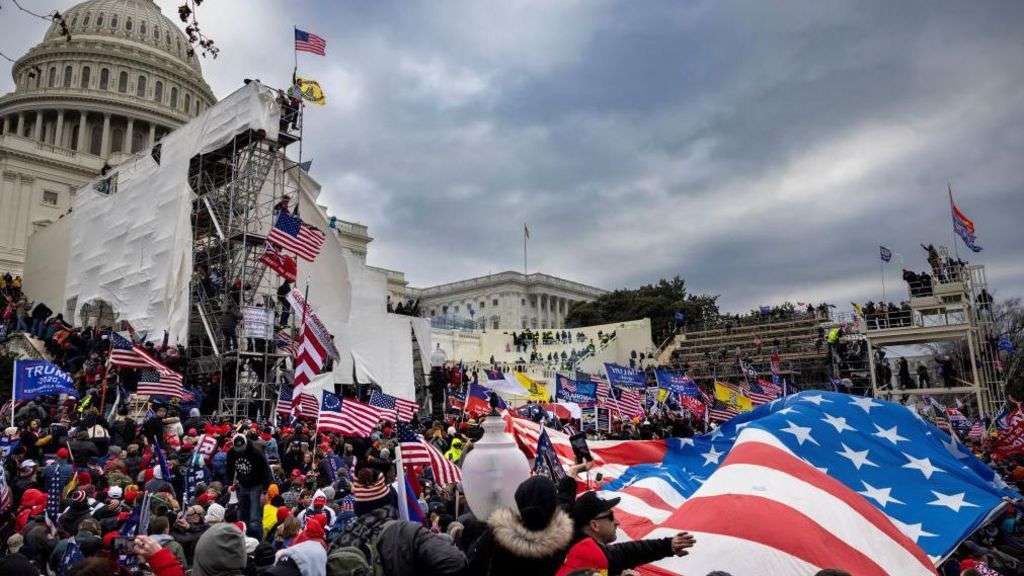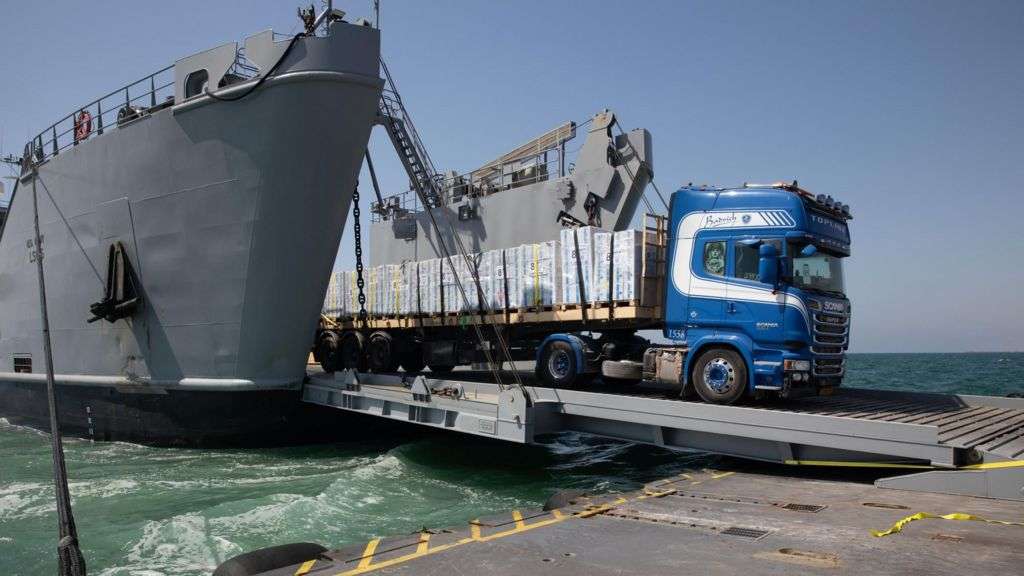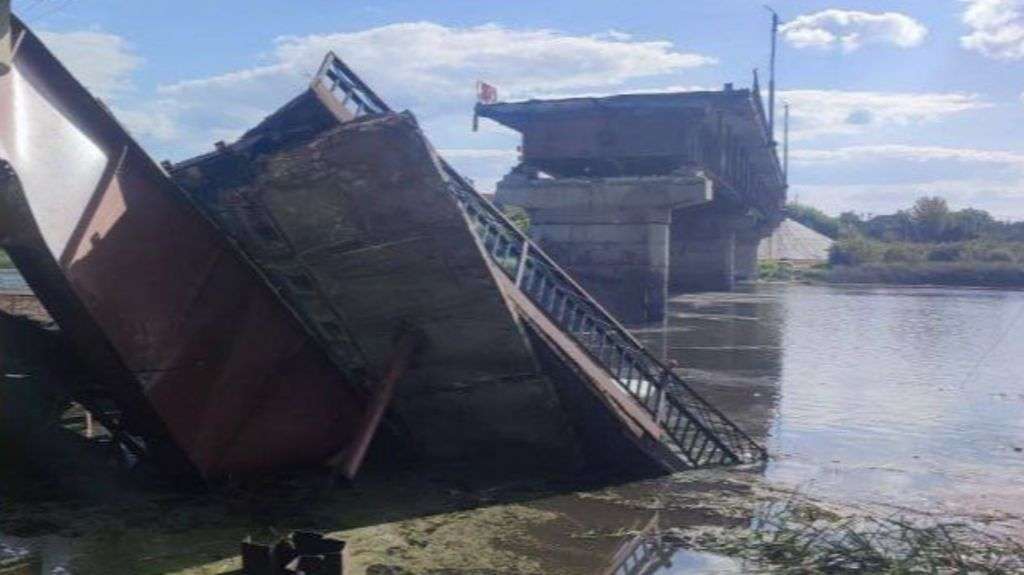Robert Fico's ability to reinvent himself has kept him at the top of Slovakia’s politics despite repeated scandals.
Now surgeons are battling to save his life after an assassination attempt that followed a government meeting in a small town.
His most recent fall from grace was in 2018, when mass protests forced his resignation in the wake of the murder of investigative journalist Jan Kuciak and his fiancée.
Turning to the then president Andrej Kiska – one of many political enemies – he vowed to return to politics.
“I’m not going anywhere. Don’t worry,” he said.
And he was right.
Initially stunned by the sudden fall – and swiftly replaced as PM by his party protégé Peter Pellegrini – Fico appeared to be heading for the political wilderness.
After a humiliating election defeat for their leftist Smer party, Pellegrini abandoned him, forming a new centre-left party, Hlas.
But the Covid crisis created fresh opportunity for Robert Fico. He began appearing at mass demonstrations against the centre-right government’s restrictions to counter the pandemic.
Those demonstrations became increasingly unruly and ugly. Fico stood at the head of them, rousing the angry crowds with megaphone in hand, even being arrested at one point.
As Covid faded from the headlines, he found a new cause – Ukraine.
The September 2023 election was won – partly – on a pledge to send "not one more round of ammunition" to Kyiv, promising to reverse the Slovak government’s policy of arming Ukraine with artillery shells, heavy weapons and even fighter jets.
And after he won those elections, forming a coalition with Peter Pellegrini - the man who had betrayed him - as well the ultra-nationalist Slovak National Party – he doubled down on that policy.
In February as the world marked the conflict’s second anniversary, Mr Fico reiterated his opposition to the west’s policy of arming Kyiv.
There was no military solution to the conflict, he said, and sending weapons to Ukraine would only fill more graves in the country’s cemeteries.
Russia would never relinquish Crimea, or the parts of the eastern Donbas region it has taken, and instead Kyiv should lay down its arms and sue for peace, he said.
Vladimir Putin, Mr Fico said, had been "wrongly demonised" by the west.
During the six months he has been in office this time, he and his coalition allies have taken a sledgehammer to Slovakia’s institutions.
Reform of the criminal justice system included abolition of the Special Prosecutor’s Office, set up 20 years ago to investigation serious crime and corruption.
The office had been overseeing the Kuciak murders, and six years on, securing a conviction now seems more distant than ever.
The national broadcaster – RTVS – is to be shut down in June and replaced with a new body with a new director.
Mr Fico says RTVS cannot be objective as it is in permanent conflict with his government, and this ‘unsustainable’ situation can only be rectified by replacing it.
Observers – including the opposition, the European Commission and the European Broadcasting Union – have warned the move would be a blow to media freedom in Slovakia.
Parliament had begun debating the proposal in earnest on Wednesday morning when news of the shooting broke. An opposition demonstration against the proposal was quickly cancelled.
Media reports that the gunman – reported to be a 71-year-old man from southern Slovakia – had been motivated by the move to shut down RTVS have not been confirmed. Meanwhile a Hungarian investigative journalist said the man had previously been associated with a pro-Russian paramilitary group.
The man’s identity is being reported widely by the Slovak media, but his motive remains unclear.
However if 59-year-old political veteran Mr Fico pulls through, he will likely draw new strength from this attempt on his life.
Amid the calls for calm and an end to the hateful rhetoric, his closest political allies are already laying the blame squarely on the liberal opposition and the media.
One coalition ally – deputy prime minister Andrej Danko – said the country was heading for "political war".
The political temperature has certainly risen in Slovakia since he formed what is his fourth administration in October.
But this shooting propels the country into wholly uncharted territory.


